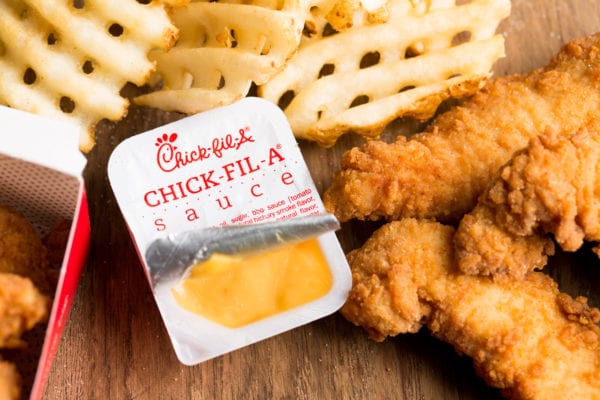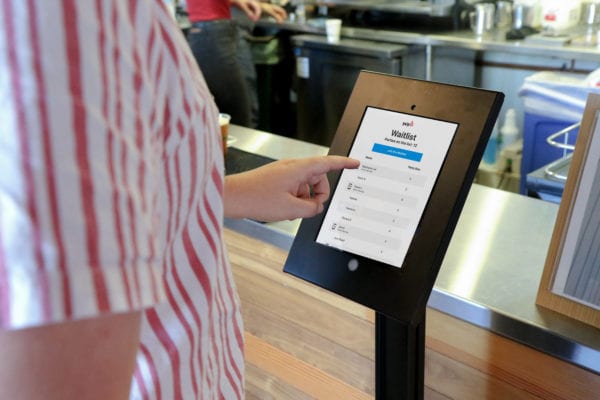C+T 6.8.2016
OPINIONS
Researchers on Online Reviews
Online reviews get the New York Times treatment this week. A technology writer lead with— what else? — a Yelp example in a piece about online reviews. In this case, the San Francisco restaurant Botto, which made headlines a couple years ago with its one-star Yelp review “policy.” Apparently, the restaurant is pretty anti-Yelp and wanted to opt out of appearing on the site. But that’s not possible, according to Yelp, so instead, Botto offers a half-price deal to anyone who leaves them a one-star review on the site. Point being: they don’t care what the review says. (The restaurant also has a FAQ page on its website practically devoted to the practice.)
Anecdote aside, the piece says some smart things about online reviews, covering everything from car seats to books. When it comes to physical goods, like car seats: “In other words, the consumer saw a number — 4.6 stars out of 5 — and took it much more seriously than it merited.” This is obviously a big deal when it comes to car seat safety and less with a restaurant, but the principle is the same. Amazon PR even draws a line between consumer reviews and professional reviews, asserting the consumer reviews are maybe even more valuable because they come from people like us.
Basically, the point is the same we’ve been hearing. Online reviews by consumers are taken very seriously by other consumers — perhaps more seriously than reviews from professionals. This matters to a varying degree, especially if you’re a business owner who knows one three-star review can certainly impact your business.
HUH
Can Computers Write and Cook Better than Us?
Are we all doomed to be dwarfed by our robotic overlords in the kitchen? A tech piece in The Guardian pitted a chef against IBM’s Watson, the Jeopardy-winning computer turned recipe-generator. The parameters were quite Chopped-esque: to create a dish using four ingredients that might not normally be used together. The chef created a dish that’s apparently “a whisper short of publishable” — but only after three days of iteration and testing. Watson immediately created a recipe that married all four unique flavors. The author’s take: the computer may have been smarter, but the chef “made the ingredients sing.” A win for the human touch, I suppose.
IMPORTANT
The Most Influential People in Food
Adweek released its list of the 30 most powerful people in food, and the list is solid. It also contains a good amount of YouTube and Instagram stars — certainly a sign of the importance of social media in food today. On the list (among those you’d expect, like Anthony Bourdain and Top Chef’s Gail Simmons) is Vani Hari, aka “The Food Babe,” who uses her social following as a platform; “My Drunk Kitchen” creator Hannah Hart, which is, literally, the comedian cooking while she’s drunk; and Alexa Mehraban, “Instagram star,” who runs @EatingNYC.
APPS
Chick-fil-A Is the Number One App in the App Store
(Or at least it was, for a time.) So, a fast food app took over the top of the list, that’s curious. Or is it, really? In the last few years, fast food technological innovation has been at the forefront of the industry. (C+T has covered Taco Bell more than any other restaurant, actually.) The Atlantic takes a look at why the app reached number one. Any guesses?
So, actually, there’s no secret sauce to success here. The new Chick-fil-a One app promises a free chicken sandwich to those who download it. To be fair, the piece does have more insight than just fast food, citing survey data about millennial parents who say they’d rather not wait in line at a fast-casual chain with their kids. Plus, Chick-fi-a has done a great job with the idea of loyalty generally; when a new store opens, the first 100 visitors get free Chick-fil-a for life. That’s a pretty enticing proposition for some brand loyalty, especially if you’re really feeling those chicken sandwiches and sweet tea.
Basically though: we love our phones, we use our phones to do things, and when a digital experience becomes an actual act of convenience (use this app / skip this line!) it makes us happy. This has been happening for a while now, and we’re still delighted. Plus… free sandwiches.
THE FUTURE
Why Tech Is the Future of Restaurant Hospitality
Reserve CEO Greg Hong has a nice piece in Modern Restaurant Management that does a good job explaining hospitality technology. Specifically, he talks about CRM — customer relationship management. While many restaurants have embraced technology to manage staff, manage orders, manage tables, they’ve looked to technology less for managing human relationships (often relying on a physical notebook and pen.) Yet, Hong argues, CRM is one of the most important elements, if not the most important element, of the hospitality experience. A good point: “When preferences, birthdays and relationships are public and on display for the world to see, the level of hospitality a restaurant can provide changes in a meaningful way. If millennials don’t have to remind anyone — from close companions to childhood friends they haven’t spoken to in 15 years — that it’s their birthday (thanks, Facebook), shouldn’t a restaurant bearing the responsibility of making a celebration special be able to readily access this information as well?”
Expect to see more in this space moving forward.
Digestifs
- Great read. The future of agriculture (with a lot of technology) — Economist
- Can Dig Inn create the valuable skilled cooks it lacks? — Edible Manhattan
- Delusion at the Gastropub: on the foodie devolution — The Baffler




